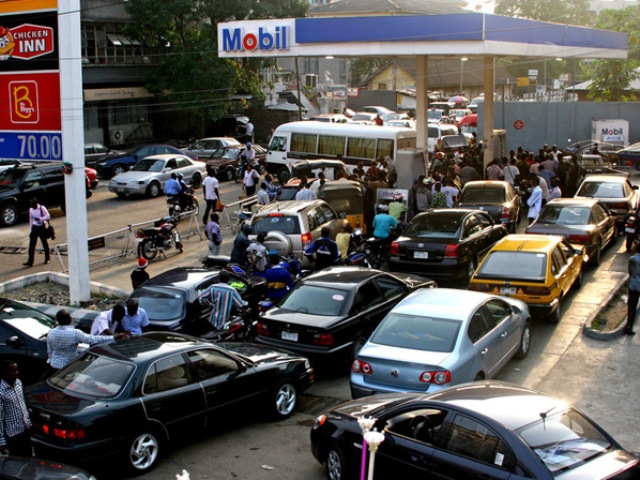In a recent interview on Channels TV, the Minister of Information and National Orientation, Mohammed Idris, vehemently denied the World Bank‘s assertion that the Nigerian government is still paying subsidies on petrol. Contrary to the bank’s suggestion, Idris insisted that the era of petrol subsidies is “gone for good.”
President Bola Tinubu, according to the minister, made it clear from his first day in office that his administration would not sustain the payment of subsidies on petrol.
Idris emphasized that the removal of subsidies has resulted in increased revenue flowing into the federation account.
The World Bank, in its Nigeria Development Update (NDU), for December 2023, raised concerns about the current fuel prices in Nigeria, stating that they are not cost-reflective.
The bank’s lead economist for Nigeria, Alex Sienaert, suggested that the federal government might still be subsidizing petrol. Sienaert proposed that Nigerians should be paying around N750 per litre instead of the current N650.
However, Minister Idris countered these claims, stating, “Subsidy is gone, and the President told Nigerians from his first day in office that there won’t be subsidy (on petrol).”
He emphasized that the removal of subsidies has provided the government with more financial resources to address various needs.
Despite the government’s stance, reports indicate that petrol prices have already surged, with prices exceeding N700 per litre in certain regions.
This has led to practical challenges for citizens, including vehicle abandonment and increased costs of basic goods.
Critics have condemned the World Bank’s recommendations, urging the Federal Government to seek homegrown solutions to the economic challenges faced by the country. As debates continue on the subsidy removal, Nigerians await further clarification on how the government plans to utilize the funds previously allocated to petrol subsidies.



